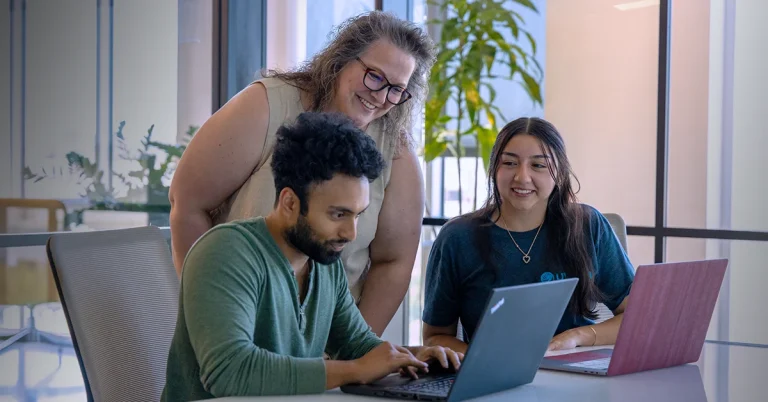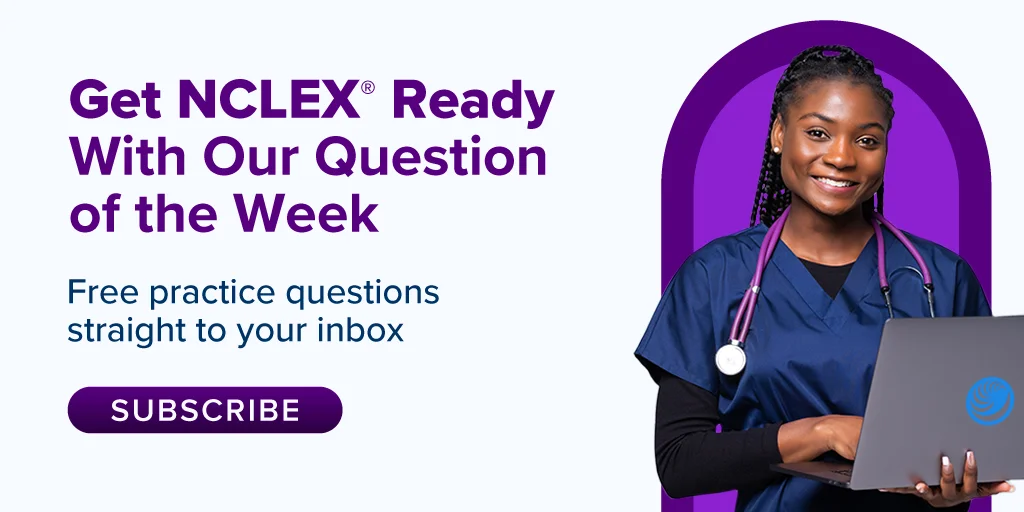Licensed Practical Nurses and Licensed Vocational Nurses have always been a crucial component of America’s healthcare system; however, in the midst of a worldwide pandemic, their contributions to the medical community are perhaps more important than ever.
LPN/LVNs provide a diverse array of patient care services. Their adaptability, hands-on experience, and proximity to their patients make them an invaluable part of a patient’s daily care.
Let’s answer some questions about this burgeoning profession and discuss their importance.
What Is the Most Common Work Setting for LPNs/LVNs?
Licensed Practical Nurses are trained to work in diverse settings of health care. You’ll find these nurses caring for people in hospitals, physicians’ offices, health clinics, telehealth services, in the homes of patients, and even in the military.
However, according to the NCSBN, nursing homes and extended care facilities are the most common work environments for LPNs/LVNs. 31.7% of LPNs/LVNs work in these spaces.
This is of particular importance during the COVID-19 pandemic. Older adults are at a higher risk of contracting the virus, and, as has been reported in the news, nursing homes across the country have been disproportionately affected by the illness. The heroic work of LPNs/LVNs in our nation’s nursing homes can not be overstated.
What Medical Services do LPNs/LVNs Perform?
The particular duties of LPNs/LVNs vary from state to state, but, generally, their responsibilities include:
- Monitoring the daily health of the patients (taking vitals, providing hygiene care, ensuring patient comfort, etc.)
- Administering medications (This varies by state. The kinds of medication and the scope of practice are determining factors.)
- Treating wounds and inserting catheters
- Assisting with medical tests and prescribed procedures
- Collecting samples
- Documenting patient history and care given
Generally speaking, the job of the LPN/LVN is to assist health care providers and registered nurses by providing basic nursing care for their patients.
This is important because the LPN/LVN spends a majority of their time caring for patients. They are trusted caregivers who understand the patient’s personality, routine, and needs more than most. For the majority of patients, the LPN/LVN is the face of their medical treatment plan.
How Long Does It Take to Become a LPN/LVN?
Like many other healthcare training programs, this varies from state to state. However, generally speaking, the path to becoming a LPN/LVN can be completed in as little as 12 months of full-time study at an accredited nursing program. (You must first have a high school diploma or GED.)
Nursing programs are available at many community colleges, vocational schools, and universities. Your course of study will include core subjects such as chemistry, biology, anatomy, and psychology. It will also include more medically specific subjects such as first aid, emergency medical technology, child development, and nutrition.
Along with your work in the classroom, you will be required to perform supervised clinical practice in patient care before graduating from your nursing program.
The final step to becoming a Licensed Practical Nurse is to take and pass the NCLEX-PN® licensing exam.
A LPN/LVN is an entry-level nurse with a practical education. This is important because it allows students who have a passion for nursing to begin their career in a very short period of time. Many people who become LPNs/LVNs are switching careers and don’t have the time to spend years in school.
Other Facts About LPNs/LVNs:
- In 2019, the median pay for LPNs/LVNs was $47,480 per year.
- There were 728,900 practicing LPNs/LVNs in 2018.
- The 10-year growth projection for the LPN/LVN profession is 11% from 2018-2028.
- LPN/LVN is a very diverse profession, with 29% identifying as racial minorities.
If you are a student or an institution in search of NCLEX-PN preparation resources, click here to see why over 700,000 nursing students have chosen UWorld for their NCLEX prep since we launched our nursing product in 2015. UWorld is the industry leader and standard of excellence for NCLEX preparation. Discover how we can help you today.
[Sources]
https://www.ncsbn.org/workforce.htm
https://www.bls.gov/ooh/healthcare/licensed-practical-and-licensed-vocational-nurses.htm






